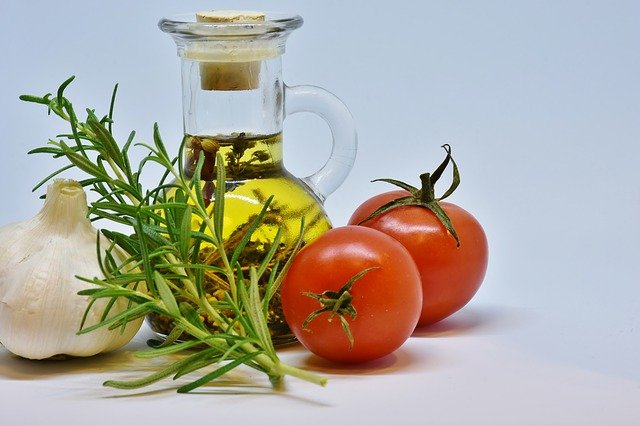Ayurvedic products and herbs, Thyme
5 Wonderful Health Benefits of Thyme
Thyme (Thymus vulgaris), commonly known as Garden Thyme, Serpyllum, Banajwain, Kuttelkraut, Common Thyme or Tomillo, is a flowering plant primitive in Southern Europe and Asia. In India, Thyme is grown mainly in the Himalayas and Nilgiris as it requires mild weather with mallow hill soil. It is an aromatic and flavourful seasoning herb, extensively used in Italian, Mediterranean and French cuisine. The herb is enriched with loads of medicinal uses and is used as a home remedy for various ailments. Let us look at some excellent health benefits of Thyme and its representation under Ayurveda.
Contents
Thyme in Ayurveda
Thyme belonging to the mint family Lamiaceae possesses a slightly pungent aroma with a sweet and spicy flavour. According to Ayurveda, the light green herb has hot potency that pacifies Vata and Kapha doshas while aggravates Pitta dosha. It contains several antioxidants, antibacterial, antiseptic, anti-inflammatory and antifungal characteristics that help combat multiple diseases. The exceptional health benefits of Thyme are present in its leaves and essential oil (thymol). The herb is valuable in treating several ailments like cold, cough, digestive disorders and other infections.
Top 5 Health Benefits of Thyme
The medicinal properties of Thyme make it an obvious choice in the formulation of various herbal supplements. Apart from its medicinal properties, it can also be used in cooking multiple dishes and home remedies. Let us go through the exceptional health benefits of Thyme to include it in your daily diet.
Cures Cough and Cold
The antibacterial and antiseptic properties of Thyme, present mainly in its essential oil, helps to cure cough and cold. The herb is also a one in all remedy for various respiratory problems. The soothing essence of the Thyme plays a vital role in treating sore throat and is a powerful home remedy for ailments like headaches, asthma, sinus and bronchitis.
Promotes Bone Health
One of the most known health benefits of Thyme is that it enhances bone health. The herb is rich in minerals like calcium, Vitamin K, manganese and iron. These minerals present in this flavourful herb can aid in growing and developing overall good bone health. Additionally, the herb possesses anti-rheumatic, antifungal and antiparasitic characteristics that reduce joint pain and swelling.
Treats Digestive Issues
Thyme possesses antispasmodic characteristics that aid in preventing the formation of harmful gases in the stomach. The herb further interacts with gastric enzymes that boost digestion, alleviate flatulence, treats diarrhoea, relieves abdominal pain and irritable bowel syndrome in the body. The herb also helps in preventing constipation.
Improves Skin Health
It is one of the most effective health benefits of Thyme. The herb is full of antioxidants and contains Vitamin C; when used in cosmetics helps to enhance skin health. The herb works as a natural home remedy for several skin issues like pimples, acne, rashes, breakouts and scars. It also protects against oxidative sun damage plus treats ageing signs like fine lines and wrinkles.
Boosts Heart Health
The herb reduces high blood pressure and cholesterol levels in the body, which promotes a healthy heart. Thyme is also one of the best ayurvedic herbs for a healthy heart. The mixture of vitamins, antioxidants and minerals are very beneficial in promoting heart health, especially minerals like manganese and potassium.
The health benefits of Thyme are many- the herb is an immunity booster that helps keep bones strong, promotes good skin, treats digestive issues and keeps the heart healthy by imparting all the beneficial minerals and vitamins to the body
For more details on herbs & its remedies realted educational videos subscribe to our channels
https://www.youtube.com/@trustherb
https://www.instagram.com/trustherb.india/


